Mental Mondays: Good-Mood Foods To Eat For Your Mental Health’s Sake

A creative writer with a voracious appetite for fashion, beauty,…
In today’s fast-paced world, our mental health is more important than ever, and surprisingly, what we eat plays a significant role in how we feel. Good-mood foods, rich in essential nutrients, can help boost our mental well-being and enhance our overall mood. By incorporating these mood-boosting ingredients into our diet, we can support our brain health, reduce stress, and promote a more positive outlook on life. From vibrant fruits and vegetables to omega-3-rich fish and whole grains, understanding how these foods affect our mental health can be a delicious step towards a happier, healthier you.
In a world where the pace of life often leaves us feeling overwhelmed and susceptible to depression, it’s crucial to recognize that we are, in many ways, what we eat. The nutrients we consume directly impact our brain chemistry and mood regulation. Omega-3 fatty acids from fatty fish, for instance, are vital for maintaining optimal brain function and have been linked to reduced symptoms of depression. Similarly, nutrient-dense leafy greens like spinach and kale help mitigate the oxidative stress that can exacerbate mood disorders. Whole grains such as quinoa and brown rice provide sustained energy and stabilize blood sugar levels, preventing the emotional rollercoaster that often accompanies a hectic lifestyle. By choosing foods that nourish both body and mind, we can foster a more resilient and vibrant mood, helping us navigate the demands of modern life with greater ease and positivity.
Check out good-mood foods for a mental health upgrade…
#1. Fatty fish
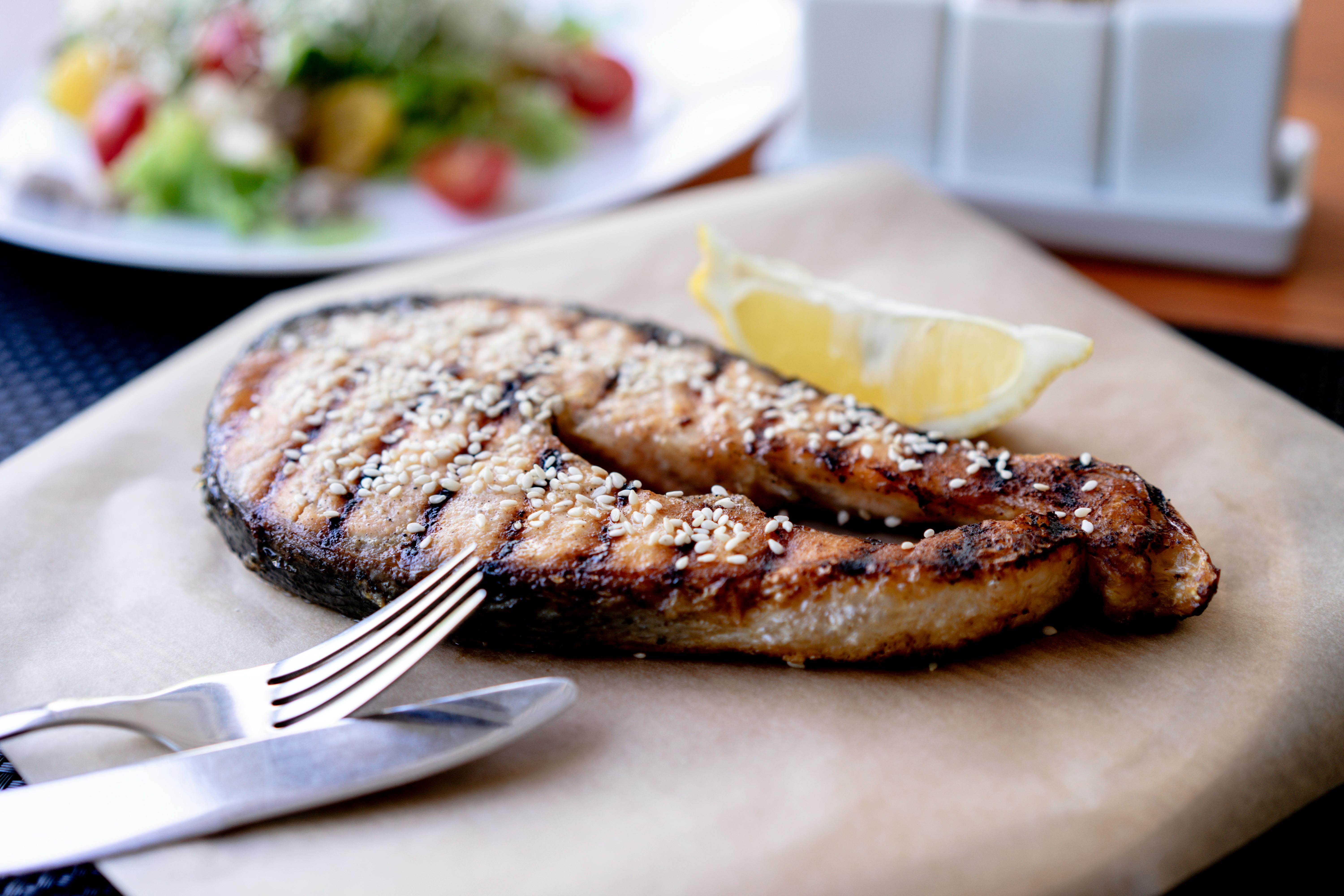
The major nutrients in these fishes are Omega-3 fatty acids (EPA and DHA), which are crucial for brain health and have been shown to reduce symptoms of depression and anxiety. They regulate neurotransmitters, reduce inflammation, and promote healthy brain cell membranes.
#2. Dark chocolate

Dark chocolate is known to improve mood by increasing the production of endorphins, the “feel-good” hormones. The flavonoids in dark chocolate can enhance brain function, while its magnesium content helps reduce stress and anxiety.
#3. Fermented foods
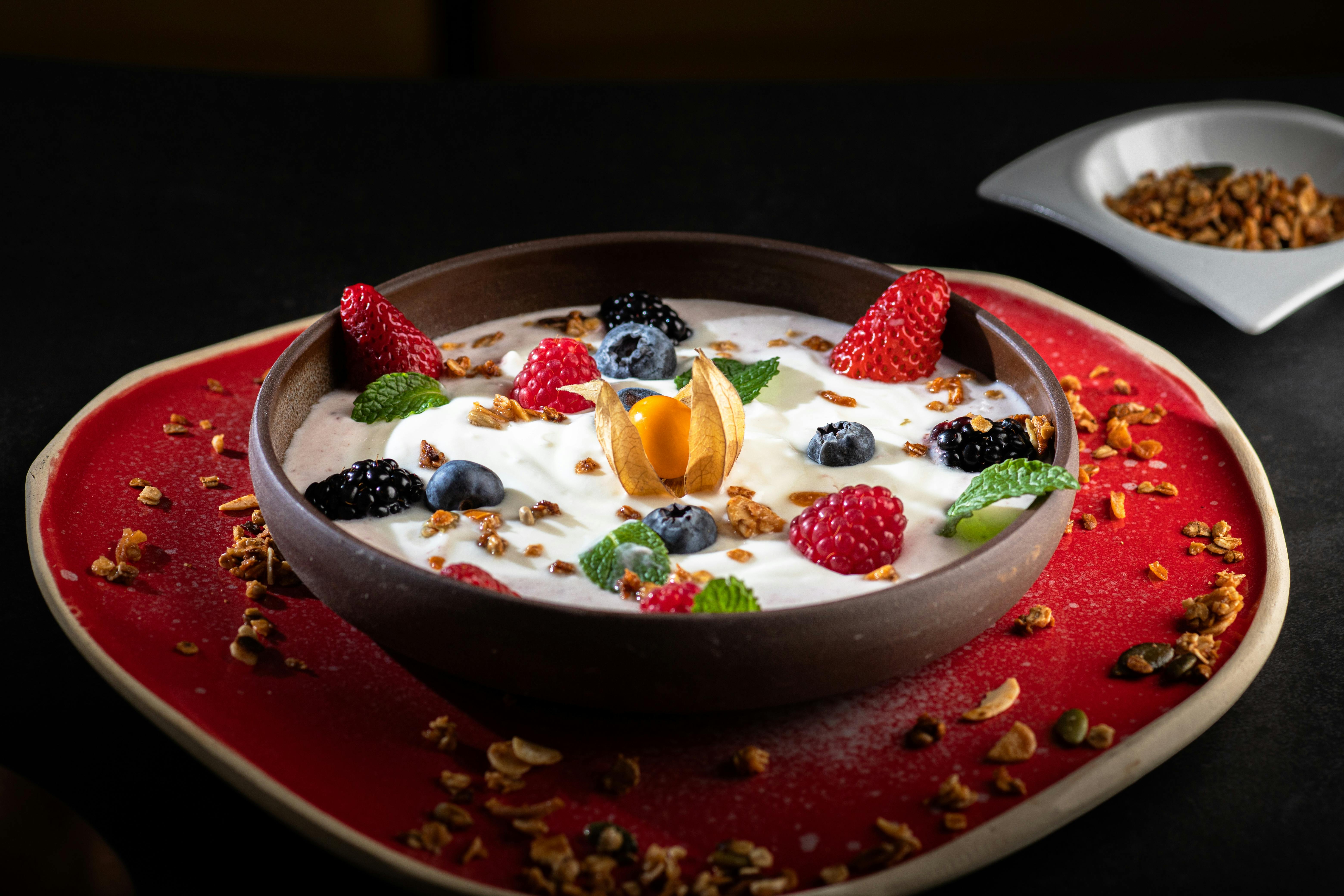
Foods such as yogurt and kombucha contain probiotics, and B vitamins, which are rich in probiotics, which support gut health. Since the gut and brain are connected via the gut-brain axis, a healthy gut can positively influence your mood and reduce symptoms of depression and anxiety.
#4. Leafy greens
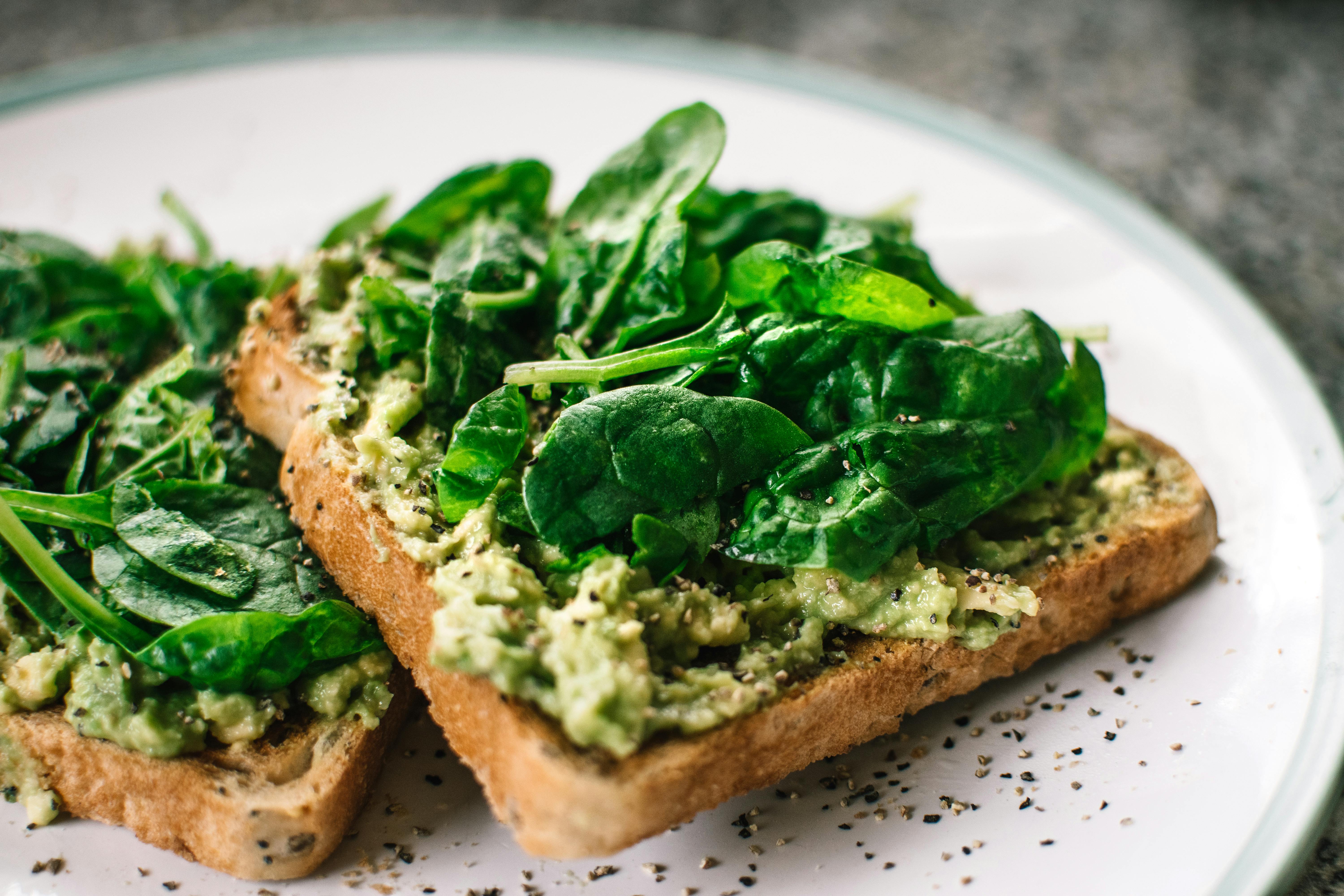
Leafy greens are good-mood foods high in folate, which helps produce serotonin and dopamine, neurotransmitters that regulate mood. The magnesium in leafy greens also plays a role in reducing stress and anxiety.
#5. Berries
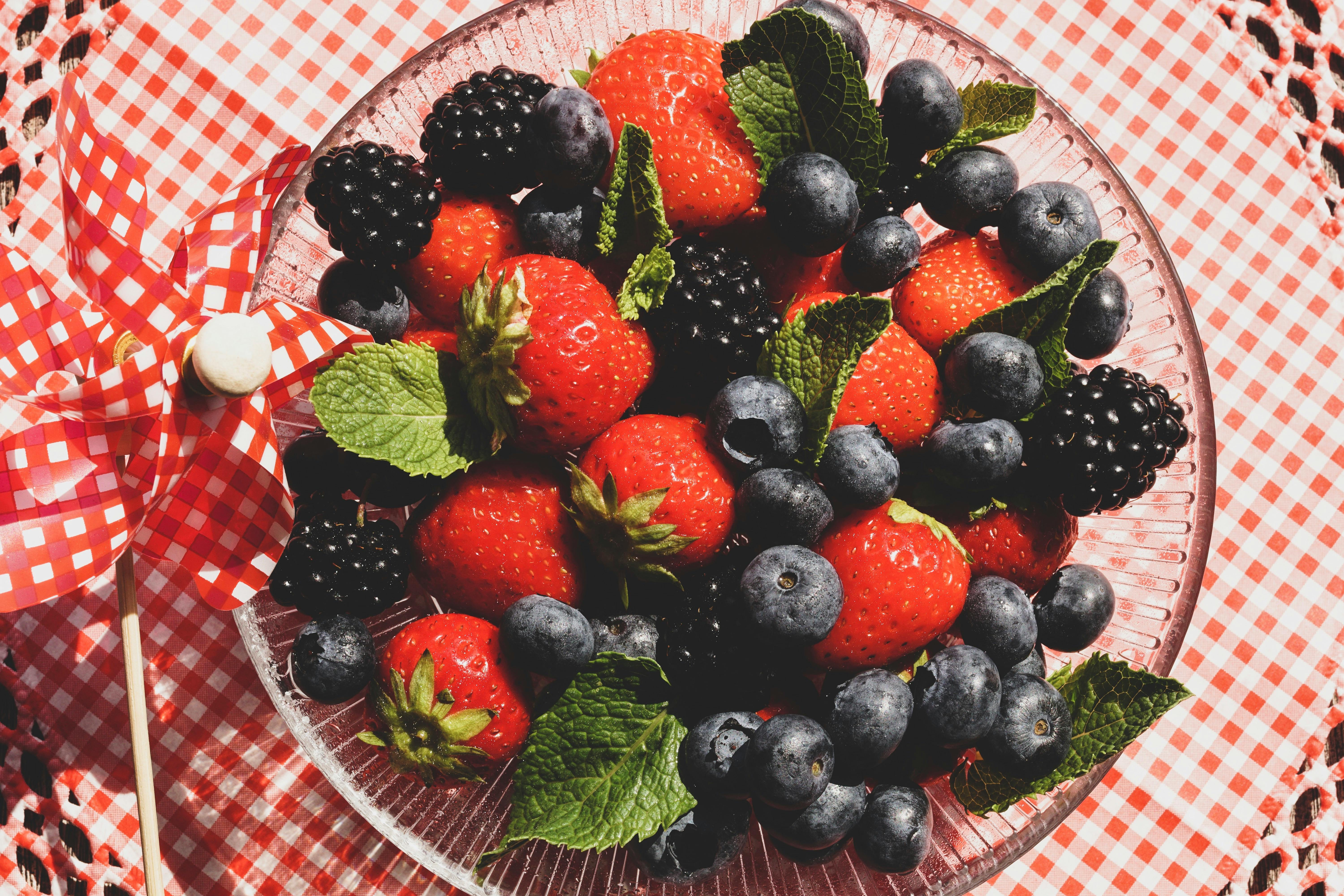
Berries are rich in antioxidants, which protect the brain from oxidative stress and inflammation. Vitamin C in berries also helps combat stress and supports a healthy immune system, indirectly contributing to a better mood.
#6. Nuts and seeds
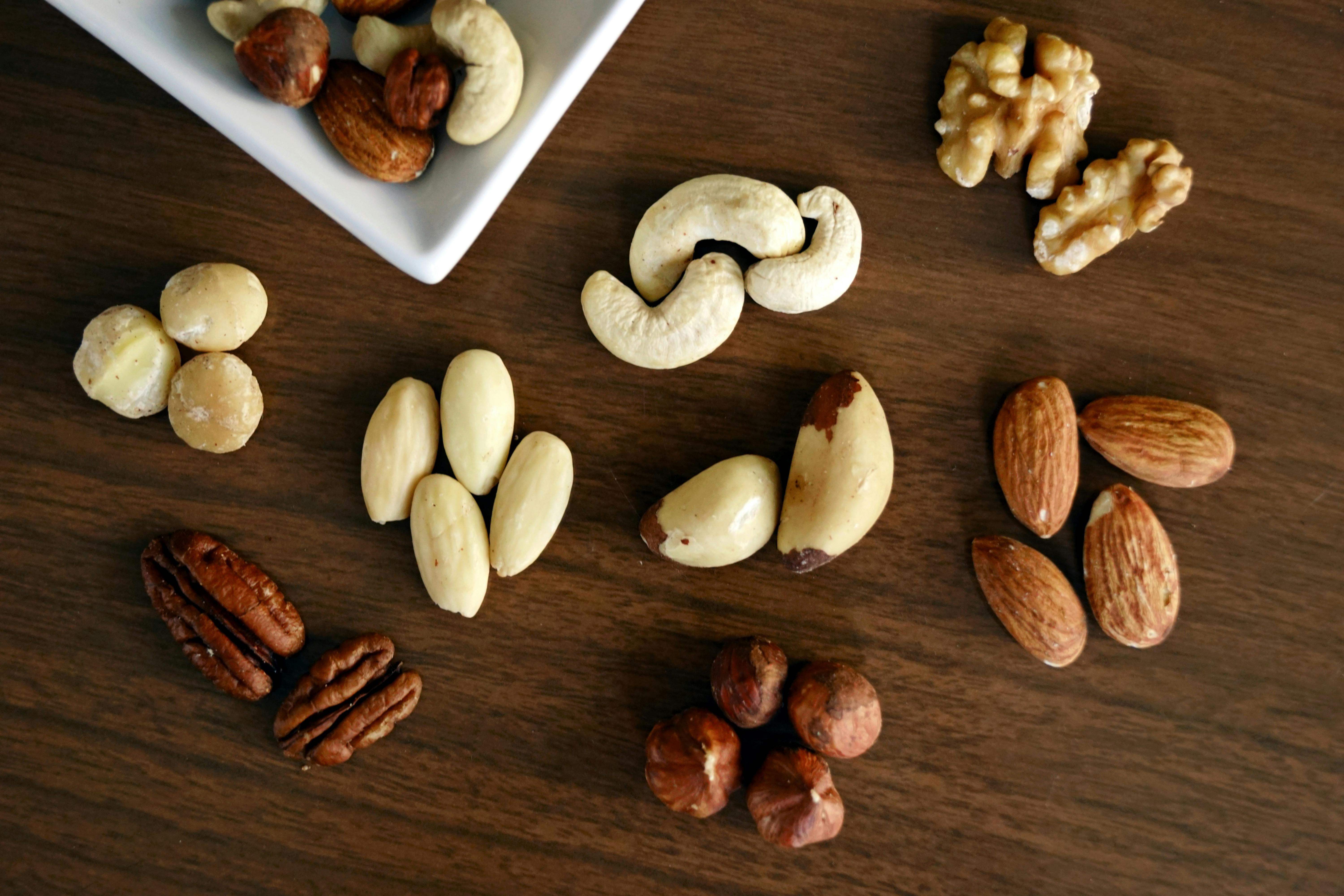
Nuts and seeds are excellent sources of omega-3 fatty acids and magnesium, both of which support brain health. Tryptophan, an amino acid found in nuts and seeds, is a precursor to serotonin, a neurotransmitter that regulates mood.
#7. Whole grains
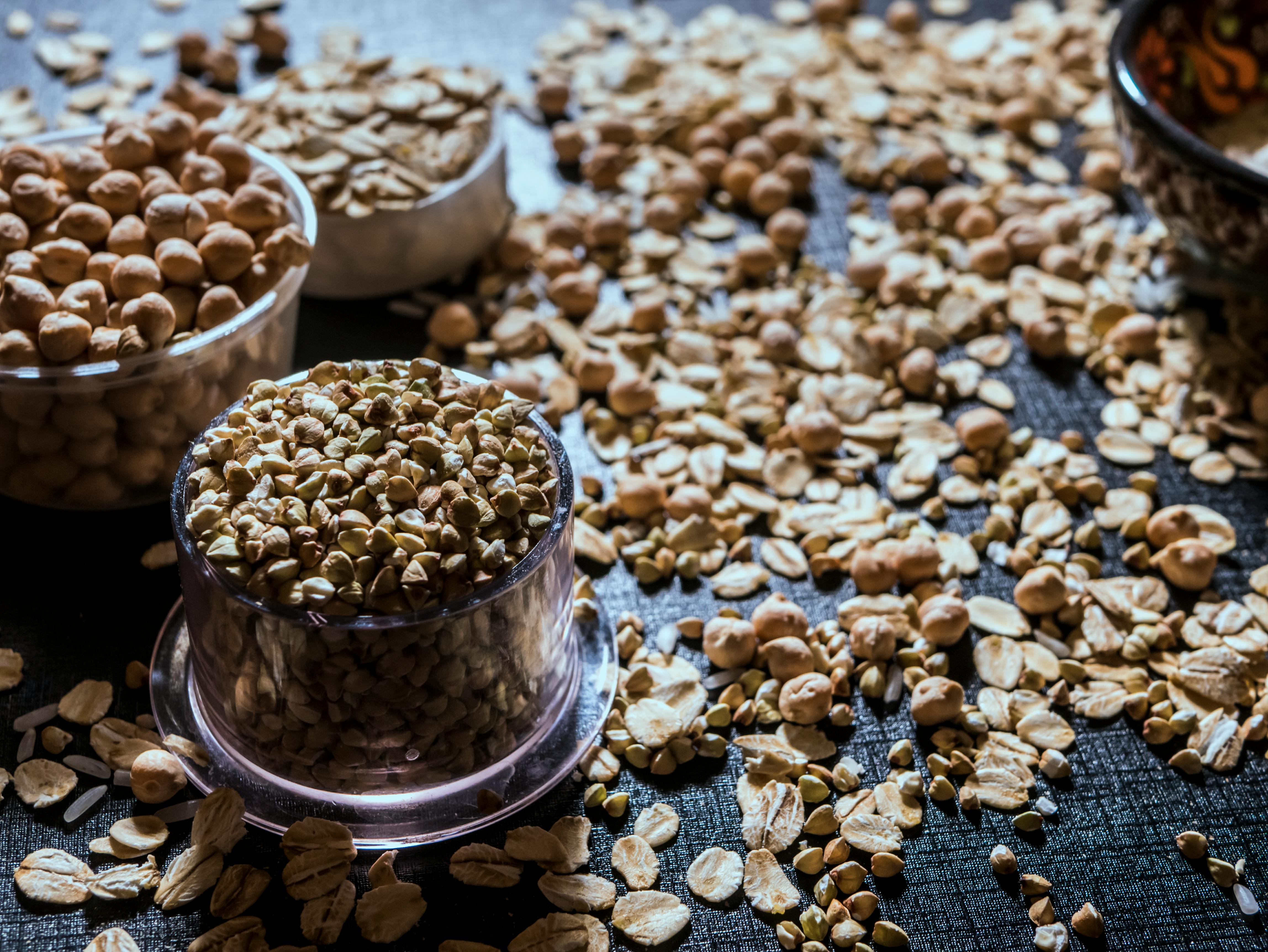
Whole grains are complex carbohydrates, fiber, and B vitamins, which are a source of complex carbohydrates. They stabilize blood sugar levels and improve mood. These good-mood foods also contain B vitamins, which are essential for energy production and the synthesis of neurotransmitters like serotonin.
#8. Bananas

Bananas are rich in vitamin B6, which helps synthesize neurotransmitters such as dopamine and serotonin. They also contain tryptophan, which can be converted into serotonin, contributing to improved mood and reduced anxiety.
#9. Avocados
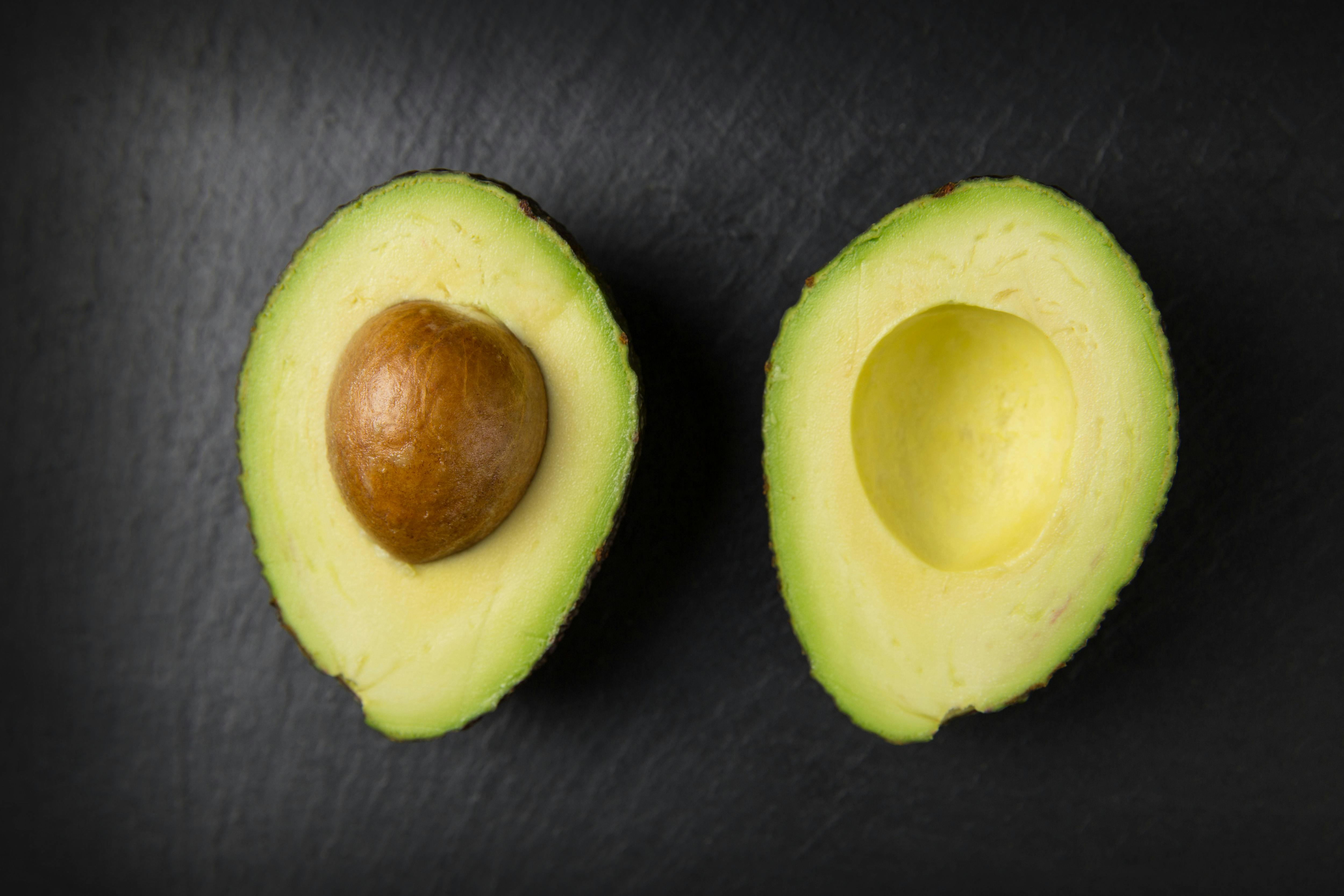
Avocados are packed with healthy fats that support brain function. They are also high in folate and magnesium, both of which are linked to mood regulation and reduced symptoms of depression.
#10. Eggs
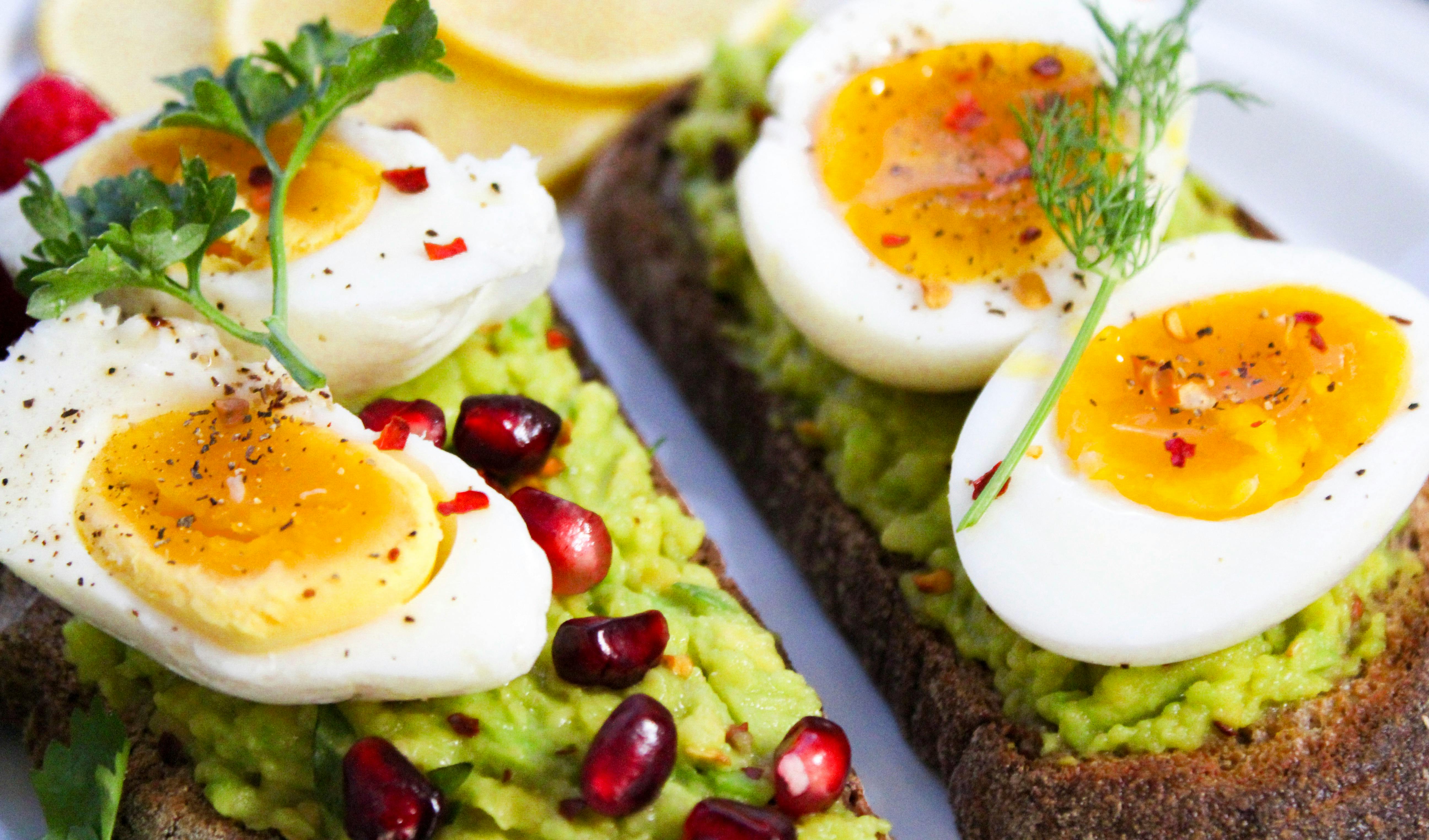
Eggs are one of the best sources of choline, a nutrient important for brain health and mood regulation. They are also high in B vitamins and tryptophan, supporting the production of serotonin and dopamine.
Here’s how to add good-mood foods to your daily diet…
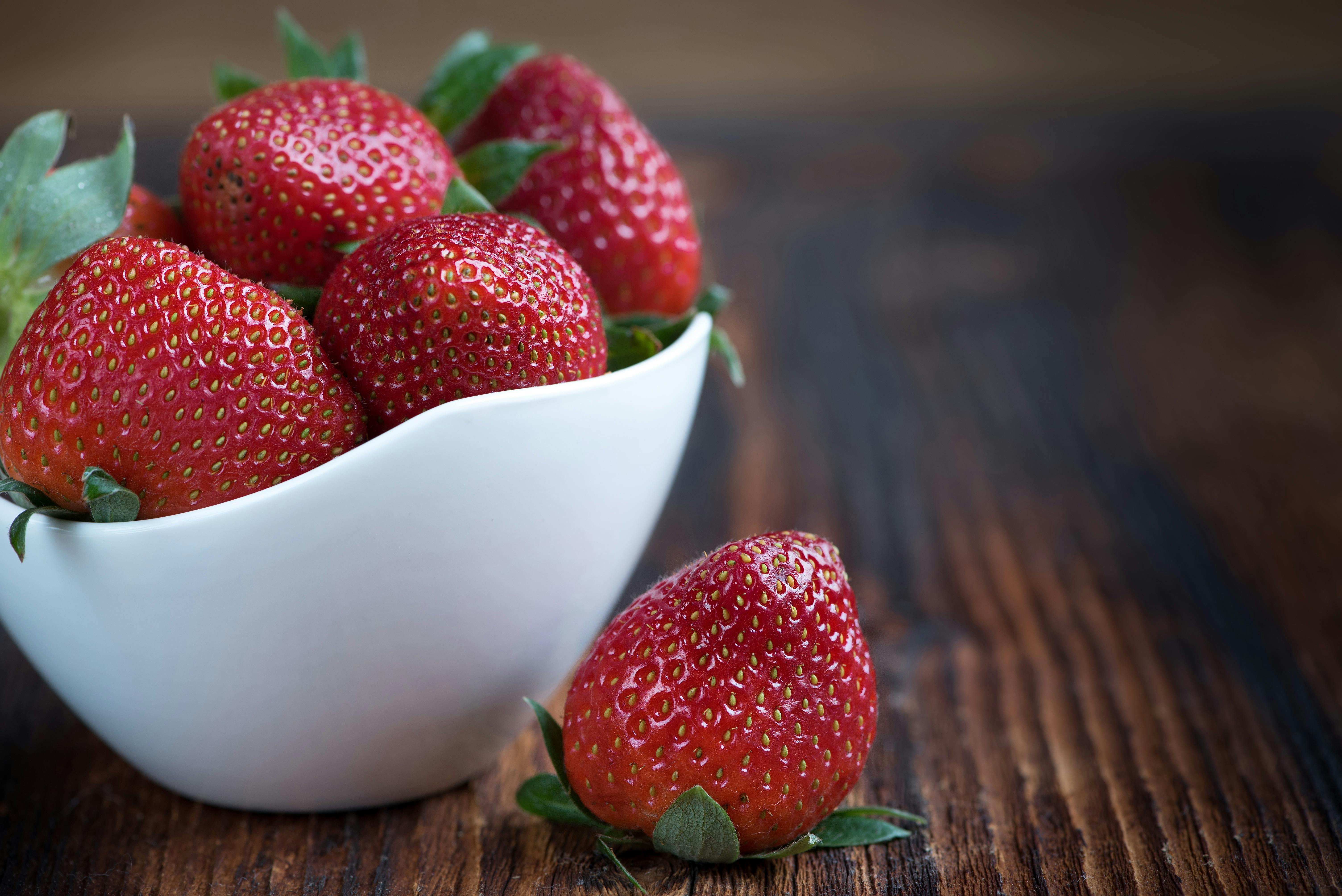
#1. Start your day with a well-prepared meal
- Top a bowl of whole-grain oatmeal with a handful of fresh berries and a sprinkle of nuts or seeds. This combination provides complex carbohydrates, fiber, and antioxidants to keep your mood stable.
- You can spread mashed avocado on whole-grain toast and top with a poached or scrambled egg. The healthy fats and proteins support brain function and keep you feeling satisfied.
#2. An intentional snack
- A small handful of nuts and a piece of dark chocolate can provide a quick energy and mood boost, thanks to the combination of healthy fats, magnesium, and flavonoids.
- Enjoy plain yogurt and add a drizzle of honey and some fresh fruit. The probiotics in yogurt support gut health, while the natural sugars and vitamins in fruit can improve mood.
#3. A good-mood lunch pack
- Prepare a salad with leafy greens, grilled salmon, avocado, and a lemon-tahini dressing. The omega-3 fatty acids from the salmon and the healthy fats from the avocado help enhance brain function.
- Combine cooked quinoa with various colorful vegetables, beans, and a light vinaigrette. Quinoa is a complete protein and complex carbohydrate that helps maintain stable energy levels and mood.
#4. Sip with mood in mind
- Drink green tea throughout the day for a calming effect, thanks to the amino acid L-theanine, which promotes relaxation without drowsiness.
- Add slices of lemon, lime, or orange to your water for a refreshing and vitamin C-rich drink that can help reduce stress.
#5. A healthy comfort meal for dinner
- Serve grilled or roasted chicken breast alongside baked sweet potatoes and steamed broccoli. The lean protein and complex carbs provide lasting energy and mood stability.
- Prepare a stir-fry with tofu, colorful vegetables, and a sprinkle of sesame seeds. Tofu provides plant-based protein, while vegetables offer a wealth of vitamins and minerals.
#6. Fermented foods
- Add a spoonful of kimchi or sauerkraut to your meals as a side dish. These fermented foods are rich in probiotics that support gut health and, in turn, positively influence mood.
- Blend kefir with your favorite fruits and a handful of spinach for a nutrient-rich smoothie that supports both digestion and mental health.
#7. Healthy treats
- Dip strawberries in melted dark chocolate for a sweet treat that’s also rich in antioxidants.
- Blend frozen bananas with a splash of almond milk for a creamy, naturally sweet dessert that’s full of vitamins and minerals.
#8. Meal prepping works
Set aside time each week to plan and prepare meals that incorporate good-mood foods. This ensures you have healthy options readily available, and reduces the temptation to reach for less nutritious choices.
#9. Explore new meals
Incorporate various good-mood foods into your diet by experimenting with new recipes. For example, make a turmeric-spiced soup, a berry-packed smoothie, or a nutty grain salad to keep your meals interesting and nutritionally balanced.
#10. Your body talks
Pay attention to how your body and mind feel after eating different foods. This can help you identify which foods boost your mood and which may have a less positive effect, allowing you to tailor your diet to your specific needs.
Conclusion
Incorporating good-mood foods into your diet isn’t just about indulging in healthier eating—it’s a proactive step toward enhancing your overall mental well-being. By making mindful choices and fueling your body with nutrients that support brain health, you’re not only improving your mood but also equipping yourself to handle life’s stresses more effectively. In a society where mental health challenges are increasingly common, understanding and embracing the connection between diet and mood can empower you to take charge of your emotional and psychological health. So, next time you plan your meals, remember that each bite is a step toward a happier, more balanced you. Embrace the power of food, and let it be a catalyst for positive change in your life.
Featured image: Vadym Pastukh/iStock
Medical Disclaimer
All content found on the StyleRave.com website, including text, images, audio, video, and other formats is created for informational purposes only. The content is not intended to be a substitute for professional medical advice, diagnosis, or treatment. If you think you may have a medical emergency, please call your doctor, go to the nearest hospital, or call 911 immediately depending on your condition.
For the latest in fashion, lifestyle, and culture, follow us on Instagram @StyleRave_
—Read also
A creative writer with a voracious appetite for fashion, beauty, lifestyle and culture. As one who's passionate about the advancement of the woman, creating content that inspire smart style and living, and positive lifestyle changes is a calling I take seriously. At Style Rave, we aim to inspire our readers by providing engaging content to not just entertain but to inform and empower you as you ASPIRE to become more stylish, live smarter and be healthier. Follow us on Instagram @StyleRave_ ♥




